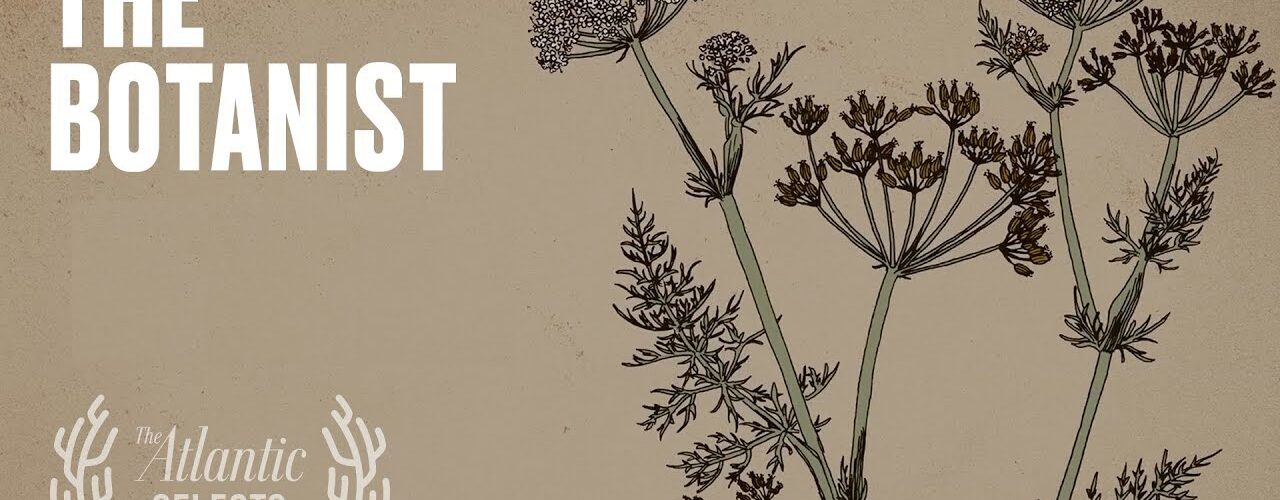The collapse of the Soviet Union in December 1991 brought numerous challenges, particularly for newly independent states like Tajikistan. Scarce resources, including gasoline and flour, triggered shortages, forcing people to seek basic necessities in neighboring countries like Afghanistan. With the government struggling to provide assistance, poverty became pervasive, exacerbated by civil unrest.
In this tumultuous environment, one individual, Raïmberdi Mamatumarov, emerged as a beacon of resilience. Drawing on his botanical expertise, Mamatumarov harnessed the power of plants to improve livelihoods. Recognizing the diverse medicinal properties found in different plant parts, he tapped into traditional knowledge passed down through generations, lamenting the dwindling number of botanists versed in these practices.
Mamatumarov’s ingenuity extended beyond botanical remedies. He devised innovative solutions to community challenges, inventing a makeshift lighter and constructing a hydroelectric station. Despite his multifaceted contributions, Mamatumarov humbly serves as a teacher, filling a crucial role in an era marked by a shortage of educators.
Raïmberdi Mamatumarov exemplifies resilience and resourcefulness, navigating adversity with grace and determination. Through his diverse pursuits, he embodies the spirit of making the most out of life, regardless of external circumstances.





Add comment